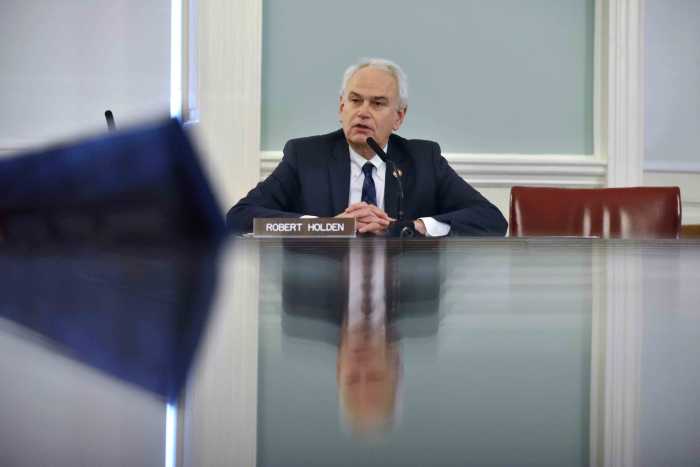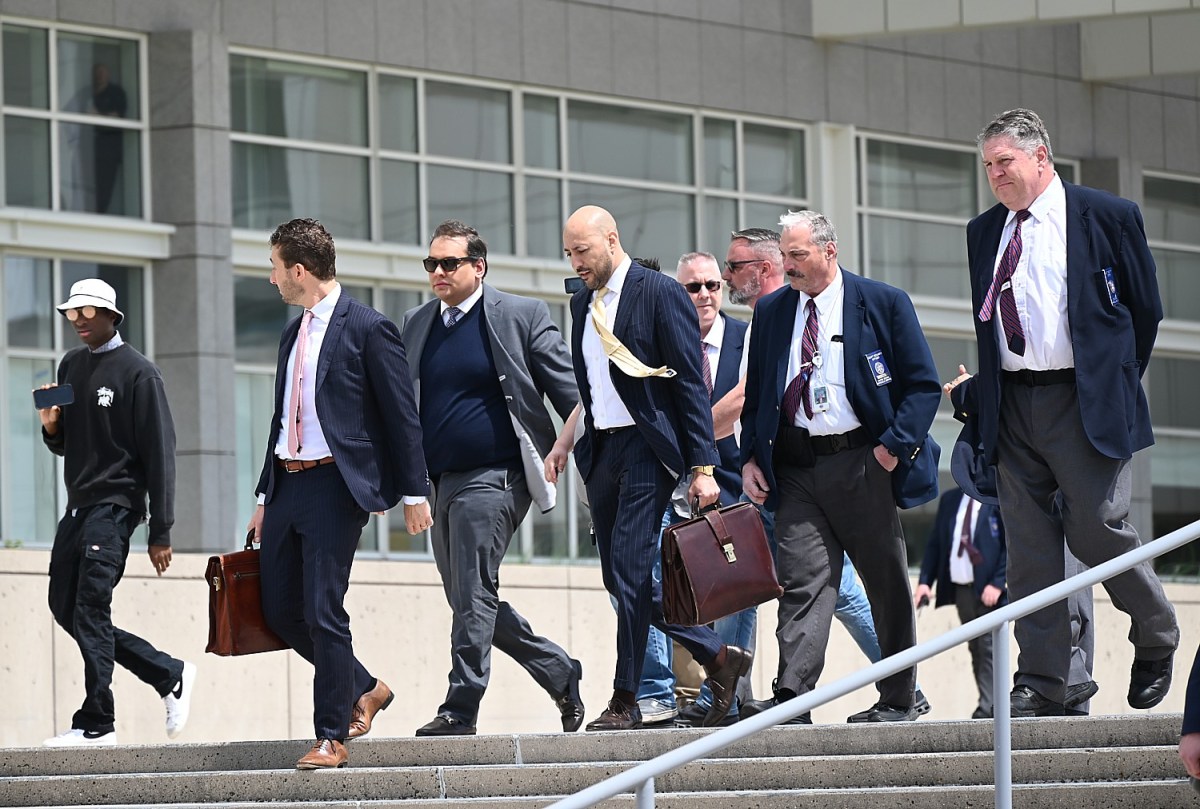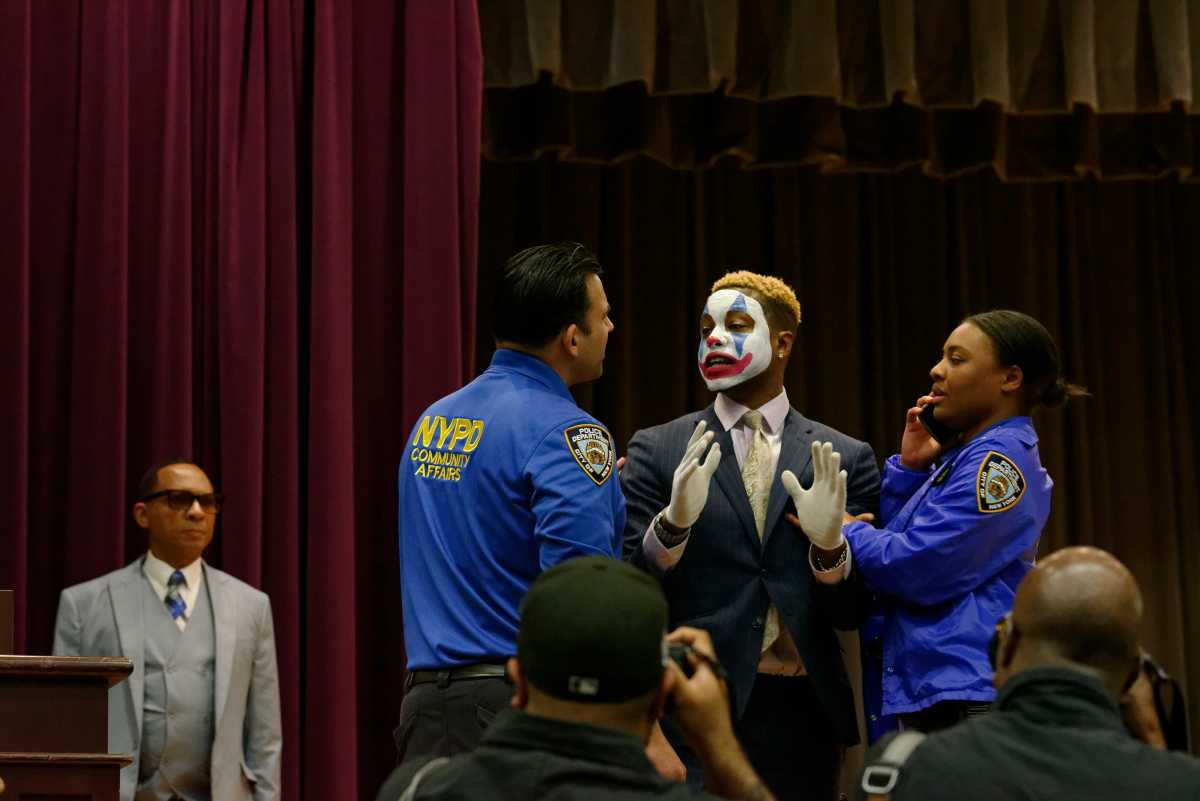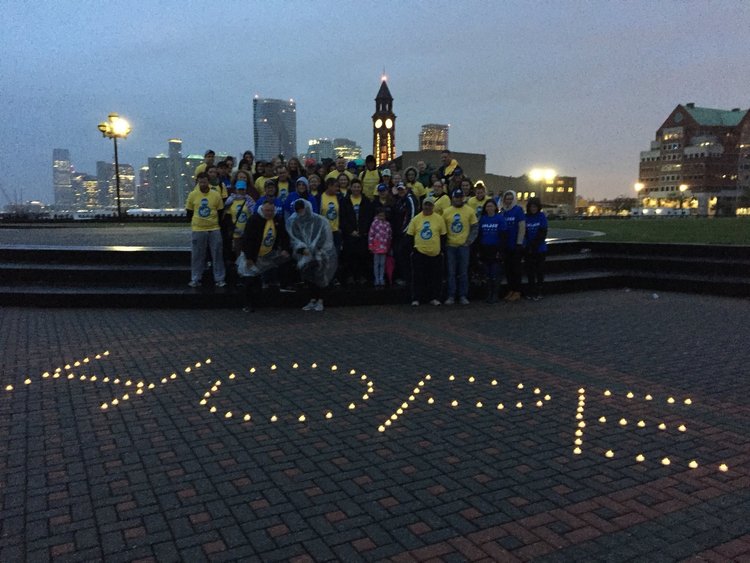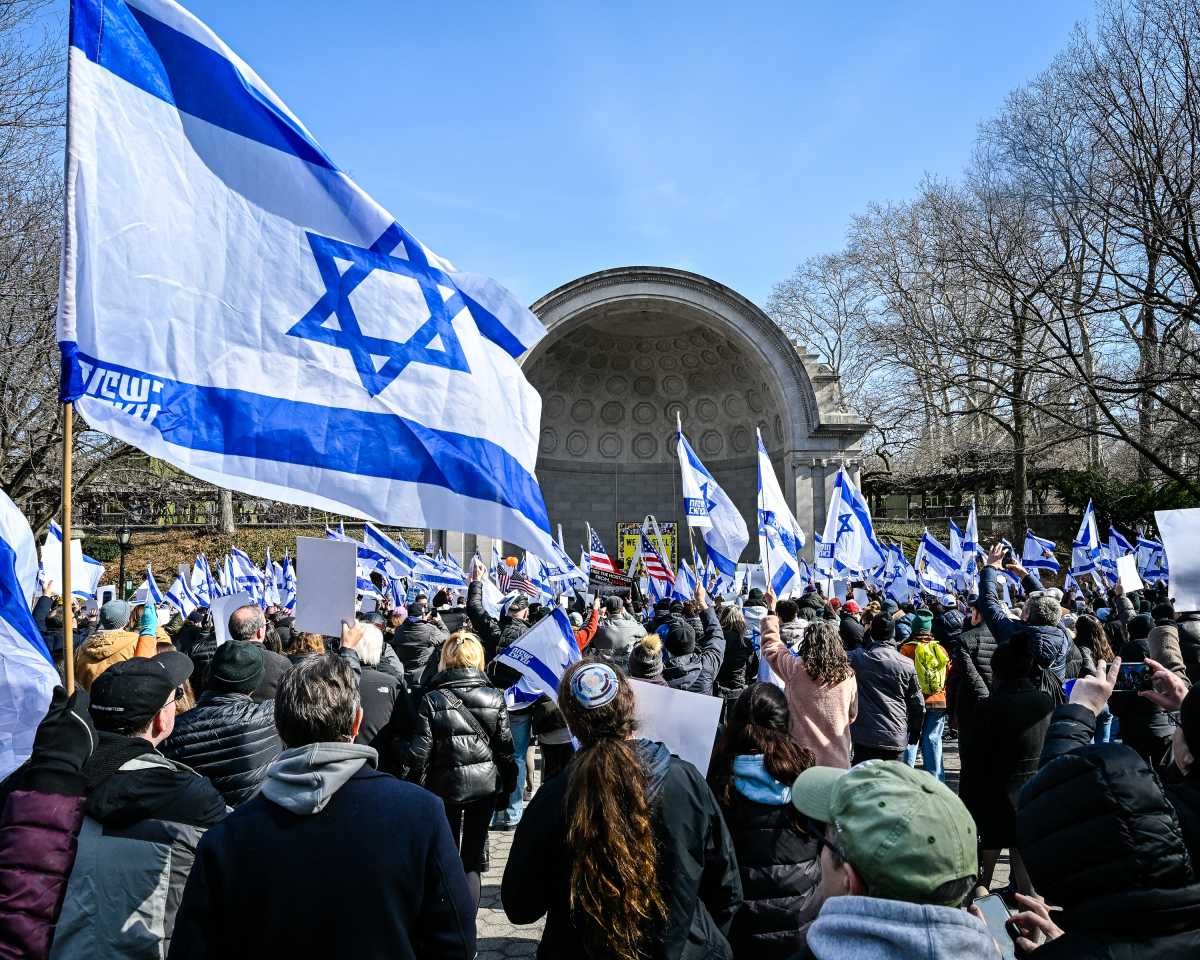By Alex Robinson
Opponents of a plan to build a megamall on parkland adjacent to Citi Field made their arguments in State Supreme Court in Manhattan Wednesday afternoon.
Supreme Court Justice Manuel Mendez heard opposing arguments concerning the project, which is part of a $3 billion redevelopment of Willets Point by developers Related Cos. and Sterling Equities, which make up the Queens Development Group.
State Sen. Tony Avella (D-Bayside), park advocates and civic leaders slapped the city and the developers with the lawsuit in February contending the site slated for the proposed mall is mapped as parkland and cannot be used for non-recreational use without consent of the state Legislature.
The location of the proposed mall is currently a parking lot that was previously the site of the New York Mets’ Shea Stadium from 1964-2009 before it was demolished. Even though the area is now a parking lot, the lawsuit’s plaintiffs contend the area is still mapped as parkland, according to city maps, and is still used for recreational purposes.
The developers’ lawyers spent much of their time in court heralding the economic and environmental benefits of the redevelopment project, using large visual aids to bolster their arguments.
John Low-Beer, a lawyer representing the plaintiffs, maintained the proposed mall was illegal because the city and developers did not follow the necessary public approvals process for the megamall section of the plan.
“This may be the greatest project since sliced bread, but the city still has to follow the law,” Low-Beer said.
The Queens Development Group enlisted the help of former Chief Judge Judith Kaye to help argue their case.
Kaye contended a 1961 statue that approved the building of Shea Stadium with a provision for parking allows the developers to build the shopping center on the same location. She argued the proposed mall fit under the uses the statute allowed for, which included recreational use.
“Shopping opportunities — I would put that under recreation. I don’t know about you,” she quipped to Mendez.
Low-Beer countered that the megamall did not fall within the allowed uses and the 1961 statute only applied to construction associated with the building of Shea Stadium.
The city and developers were given an additional two weeks to submit a written response to certain arguments, which they said were not in the original lawsuit. Mendez will then rule on the case.
The city and developers are also facing an overlapping lawsuit by a group of Willets Point business owners called the Sunrise Cooperative.
Reach reporter Alex Robinson by e-mail at arobinson@cnglocal.com or by phone at 718-260-4566.


